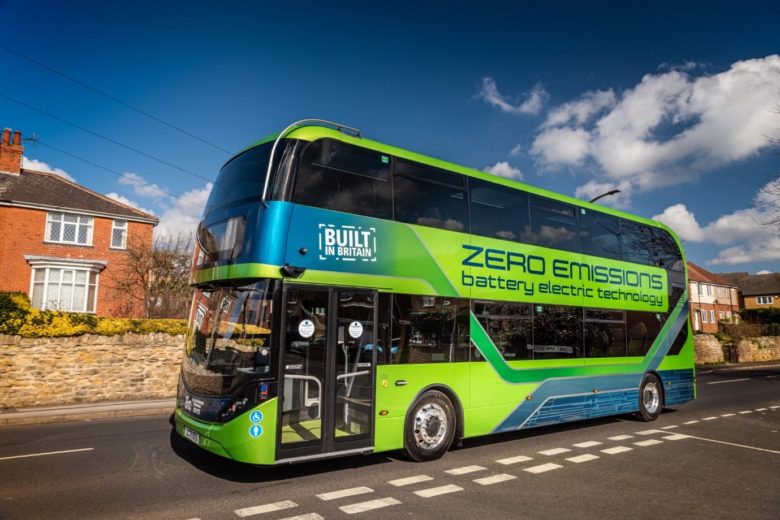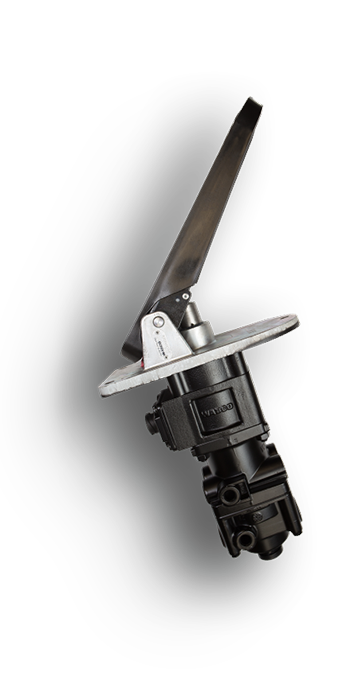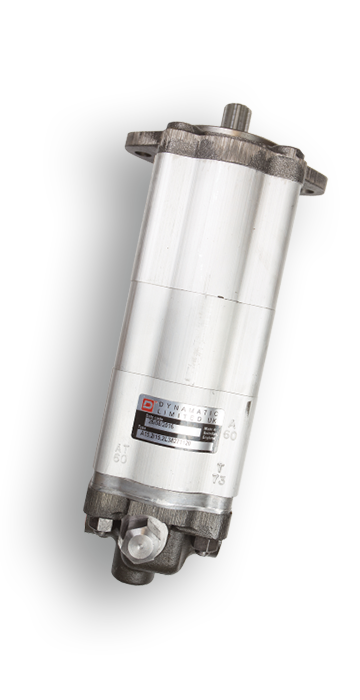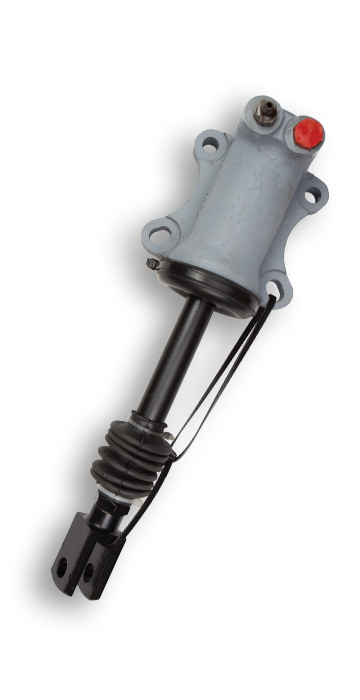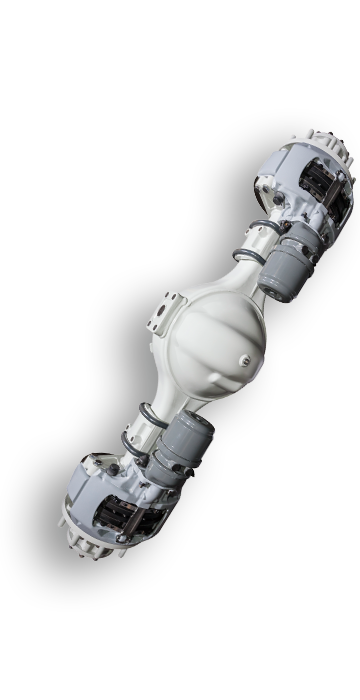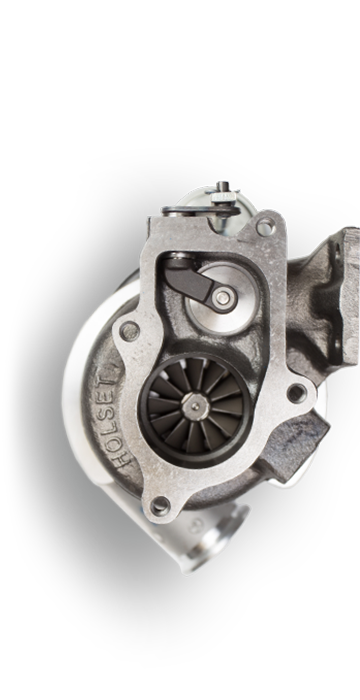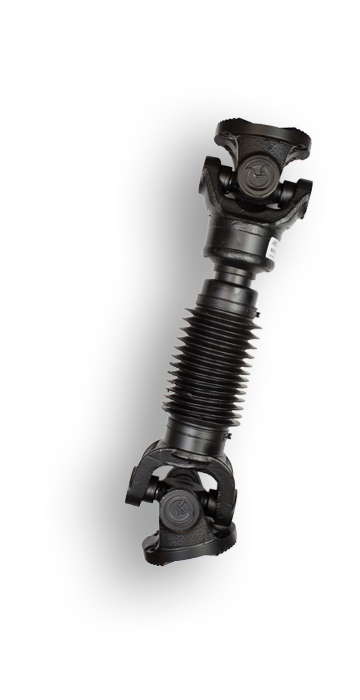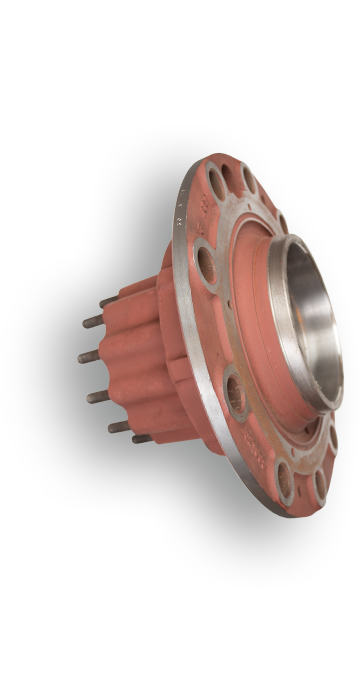Electric buses are transforming the landscape of public transport in the UK, marking a significant step toward achieving the nation’s hugely challenging decarbonisation goals. With rapid technological advancements, growing public support and financial subsidies from the taxpayer, the adoption of zero-emission buses is accelerating. This blog explores the factors driving this change, the benefits it brings and the challenges that remain.
The UK is leading Europe in deploying zero-emission buses, with nearly a quarter of all new bus registrations in 2024 being electric or hydrogen-powered. In total, 1,570 zero-emission buses entered service last year, representing a 36% increase compared to previous years. The UK’s bus market has also reached a 16-year high, solidifying its position as Europe’s largest buyer of zero-emission buses.
The UK government has been instrumental in promoting electric buses, through targeted funding initiatives, notably the Zero Emission Bus Regional Area (ZEBRA) programme and the Bus Fare Cap Grant scheme (BFCG). Recently, nearly £38 million was allocated to support the rollout of 319 zero-emission buses across England by spring 2027. This funding, distributed among 12 local authorities, will be matched by at least three times the amount in private investment. These initiatives aim to electrify public transport while creating jobs and supporting local economies.
Additionally, changes to the Zero Emission Vehicle (ZEV) mandate allow hybrid vehicles to be sold until 2035, providing flexibility for manufacturers while maintaining momentum toward a zero-emission future.
Major operators, such as Imperial Engineering customer, First Bus, have committed millions of pounds of investment in electric buses. First Bus has recently announced that it is investing £70m in a further 160 zero emission buses in the West of England, growing its zero emission local fleet to more than 250 vehicles. In partnership with the West of England Mayoral Combined Authority, an additional £20m has been secured through the latest round of ZEBRA funding. Each zero emission bus that takes to the road will reduce CO2 emissions by 75 tonnes a year, compared with the existing diesel fleet.
The transition to electric buses offers numerous advantages, including the following:
Reduction in emissions:
Electric buses do not emit exhaust emissions, significantly improving air quality in cities. For instance, London’s electric bus fleet alone has reduced CO2 emissions by over 5,000 tonnes annually.
Cost efficiency:
Electric buses have lower operational and maintenance costs compared to legacy diesel models. Research indicates savings of up to £40,000 per bus annually, due to reduced fuel and maintenance expenses.
Public health improvements:
Cleaner air from reduced emissions helps combat respiratory diseases linked to pollution, benefiting public health.
Energy efficiency:
Electric buses utilise energy more effectively than their diesel counterparts and can integrate renewable energy sources into their operations.
Overall, these benefits contribute to a ‘greener’ economy whilst enhancing passenger experience through quieter and smoother rides, which helps to boost patronage.
Despite this significant progress, there are a number of challenges that hinder the full-scale adoption of electric buses, which will require strategic planning, increased investment in infrastructure and more financial support for smaller operators. These include:
Capital expenditure:
Whilst the long-term savings are significant, upfront costs for purchasing electric buses and installing chargers can be prohibitive for some councils and operators.
Infrastructure limitations:
The availability of charging stations and grid capacity remains insufficient in many areas.
Range anxiety:
Concerns about battery life and charging accessibility pose operational challenges for many bus operators, particularly in more rural regions.
Variable uptake:
Smaller operators and rural councils face difficulties in being able to fund new vehicles and infrastructure upgrades. For many regions, electrification is not viable without government support.
Despite the challenges, however, electric bus adoption provides a pivotal opportunity for the UK to achieve its net-zero emissions targets. With continued government backing, technological innovations like ultra-fast chargers, and collaborative efforts between public and private sectors, the future of road-based public transport looks increasingly sustainable.
John Dwight, Sales Director of Imperial Engineering, which supports bus and coach operators across the UK with the supply of OE and remanufactured parts, commented:
“The growth we’ve seen in electric buses is to be welcomed and demonstrates the ambitions of the whole bus industry to decarbonise and lead the way in sustainable public transport. It’s very encouraging to see operators making significant investments in new vehicles, as well as upgrading legacy units during the transition to zero emission fleets, which sends a clear message to consumers about the mission to improve air quality. As a major distributor of OE and remanufactured parts for bus operators of all sizes, including the distribution of electric bus parts, Imperial Engineering is on hand to support the sector in its transition to zero emissions.”
